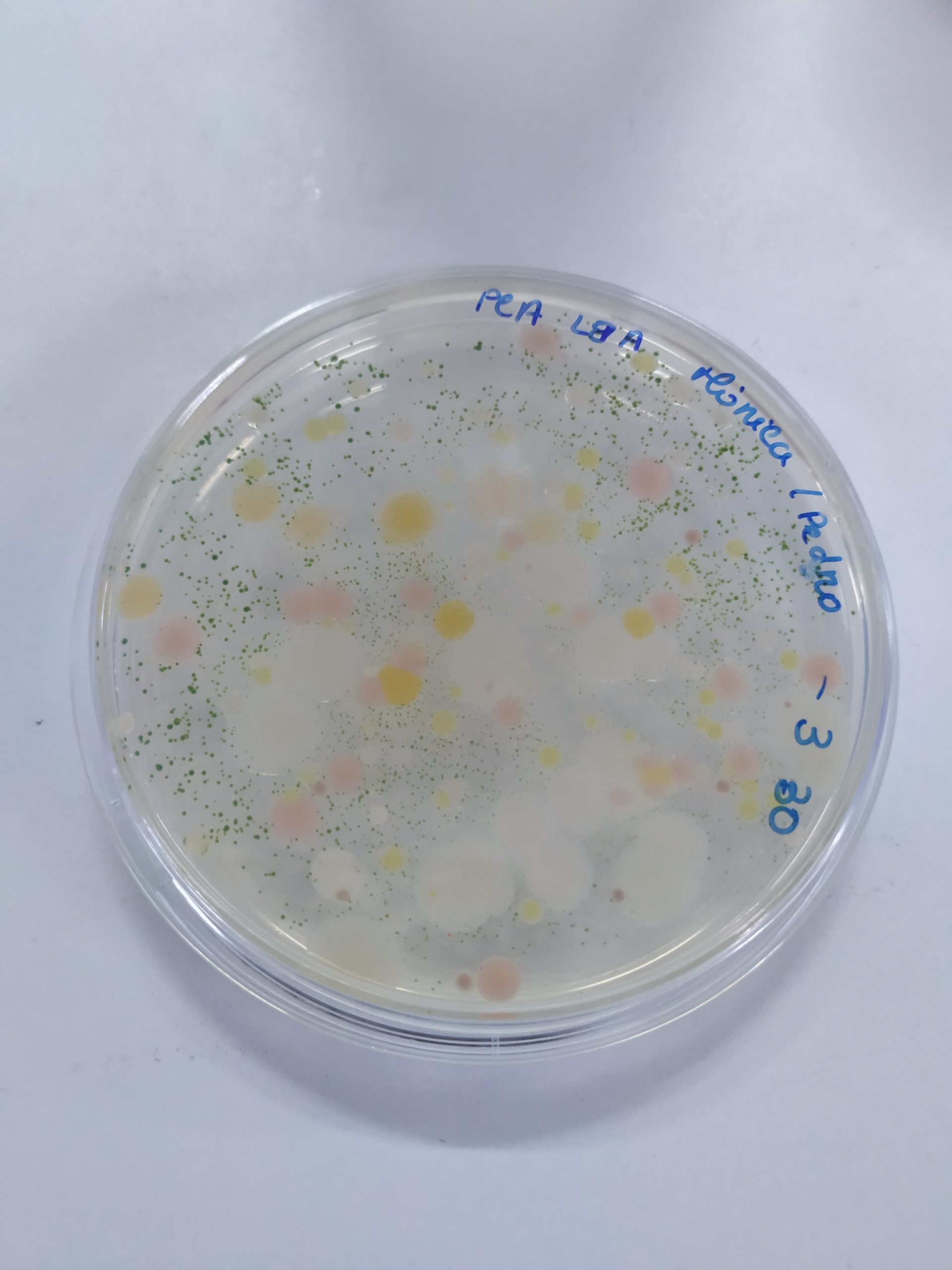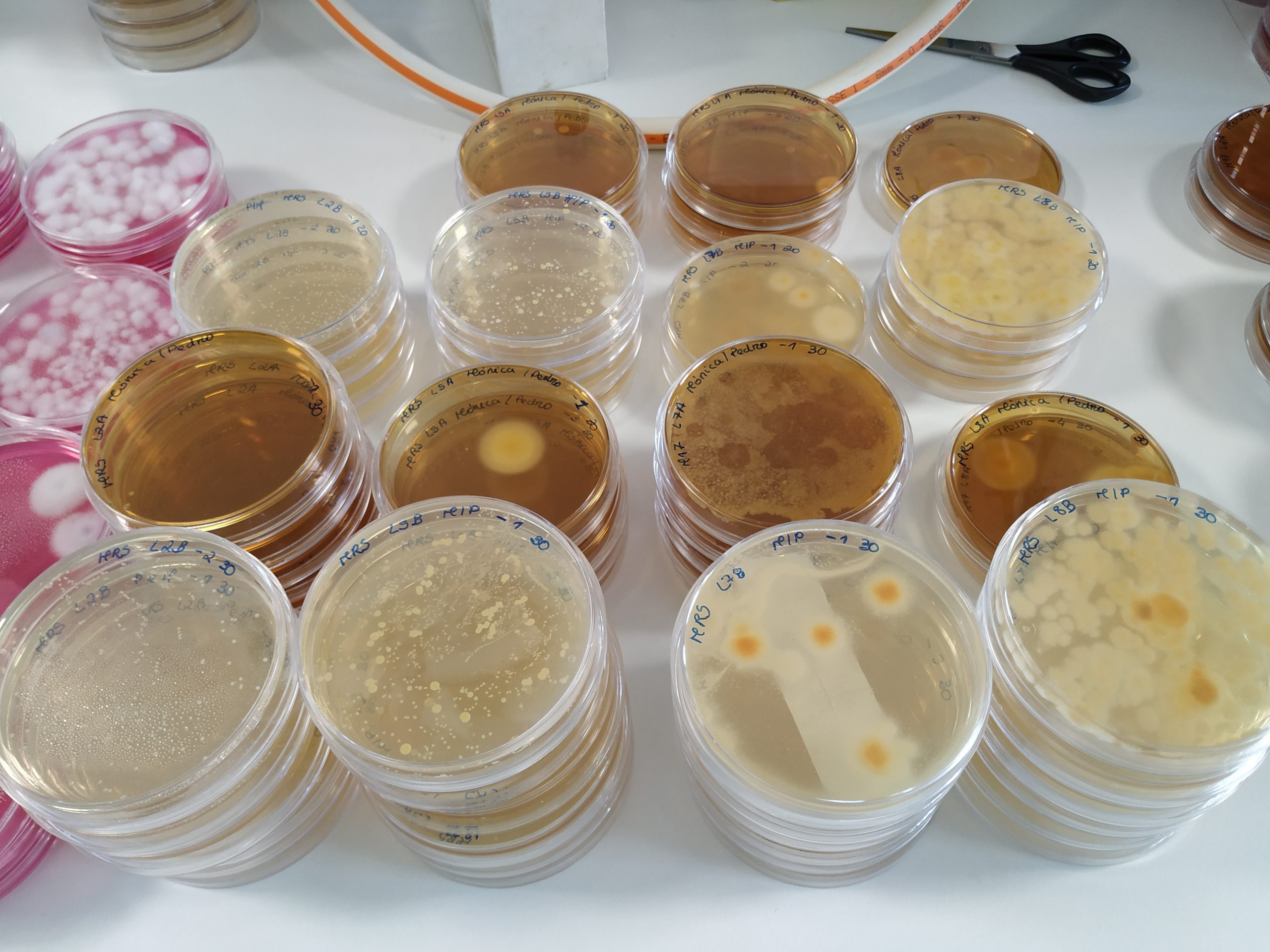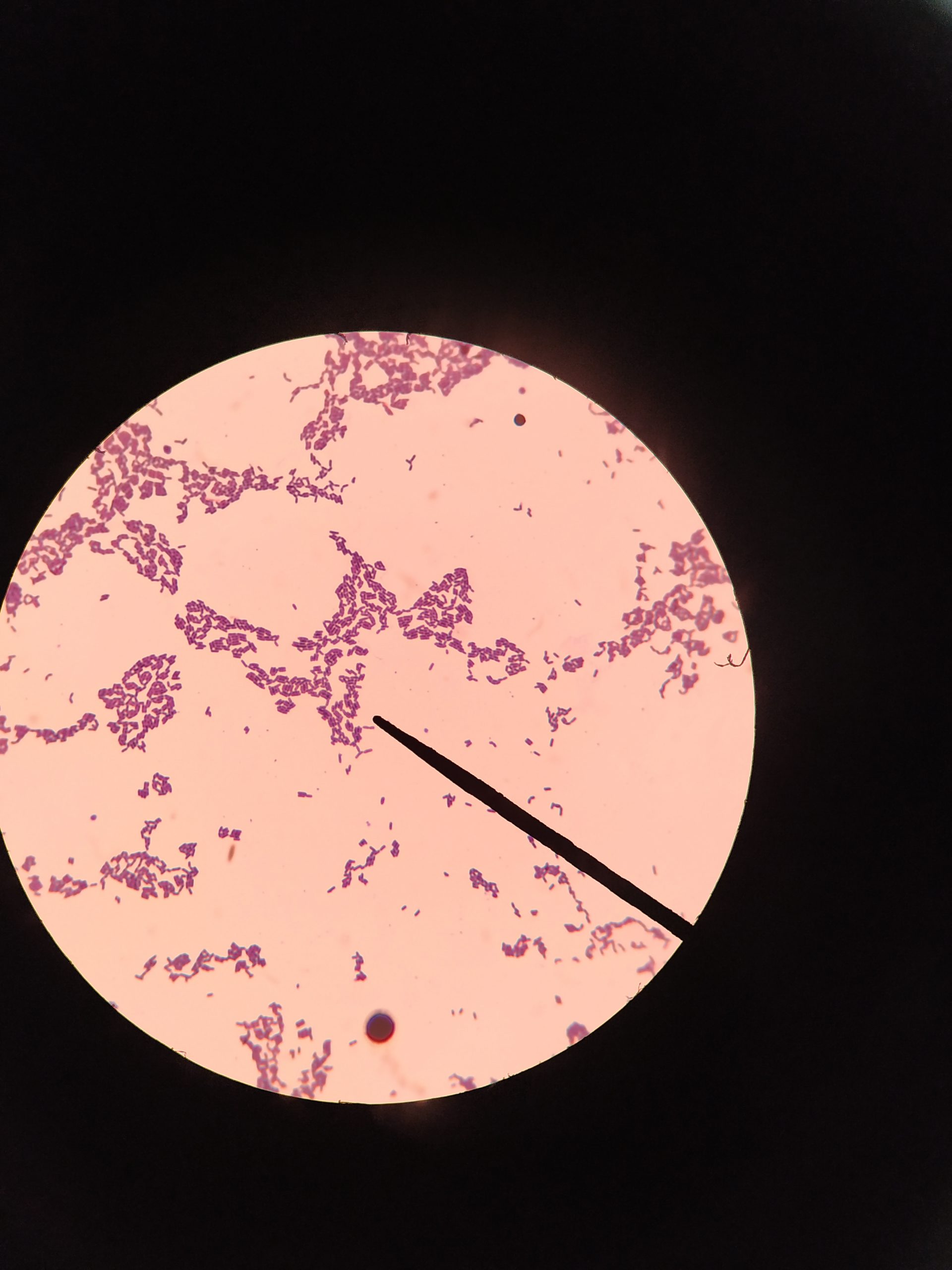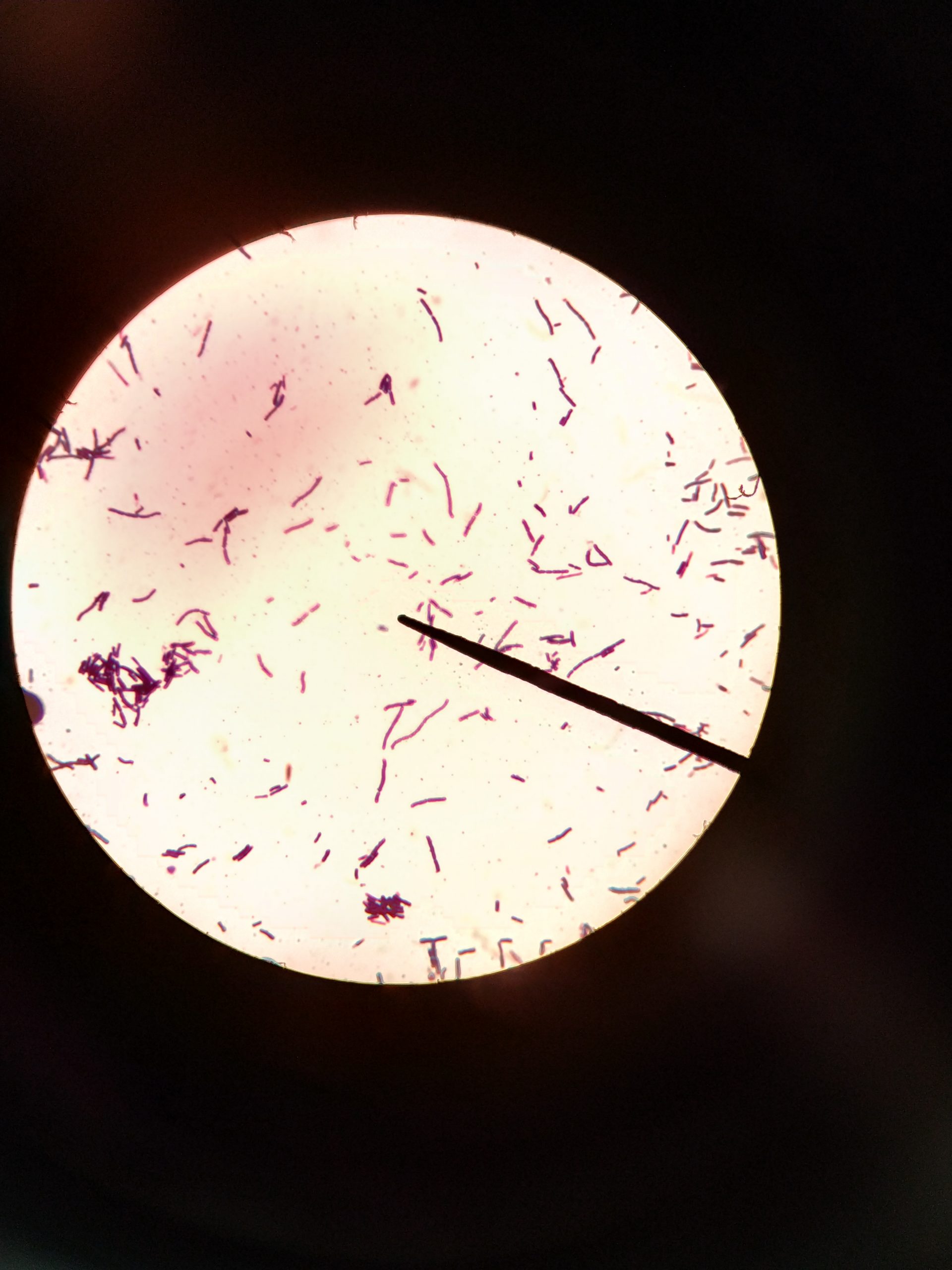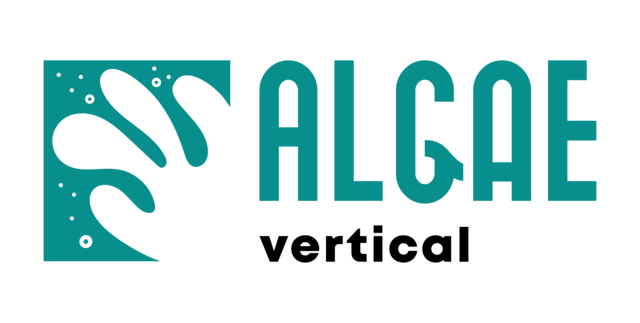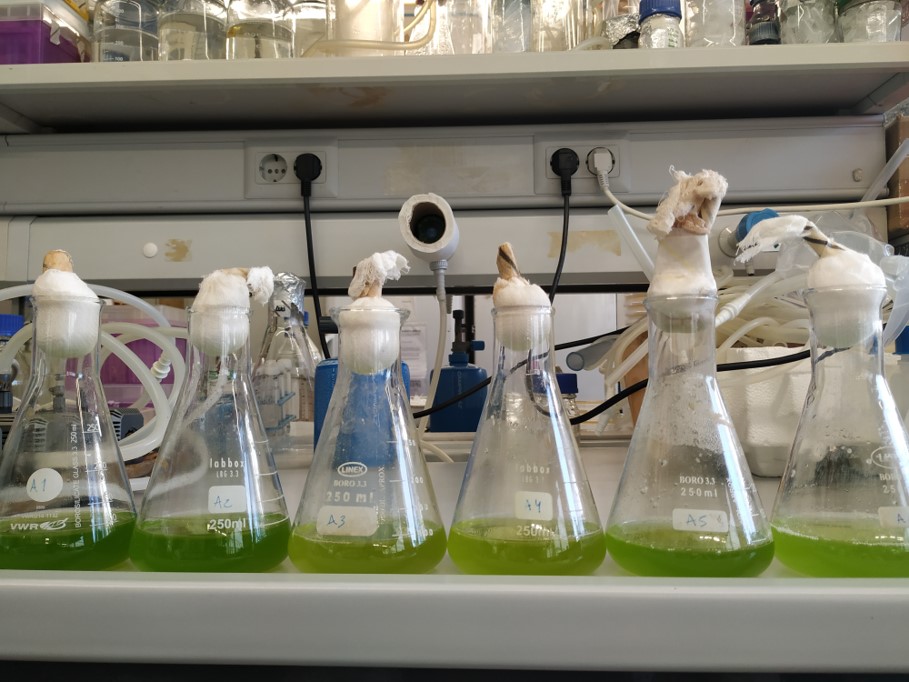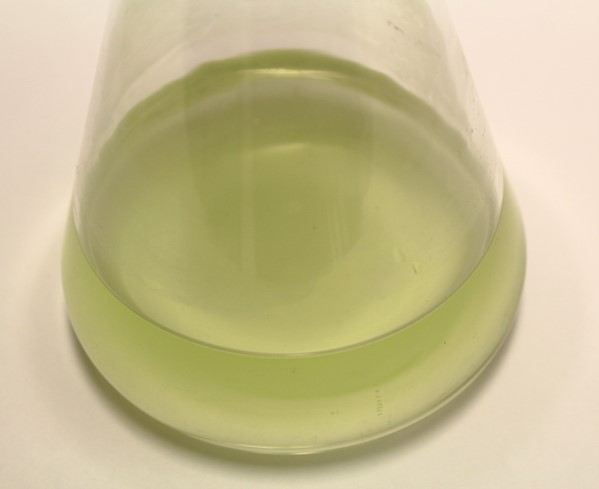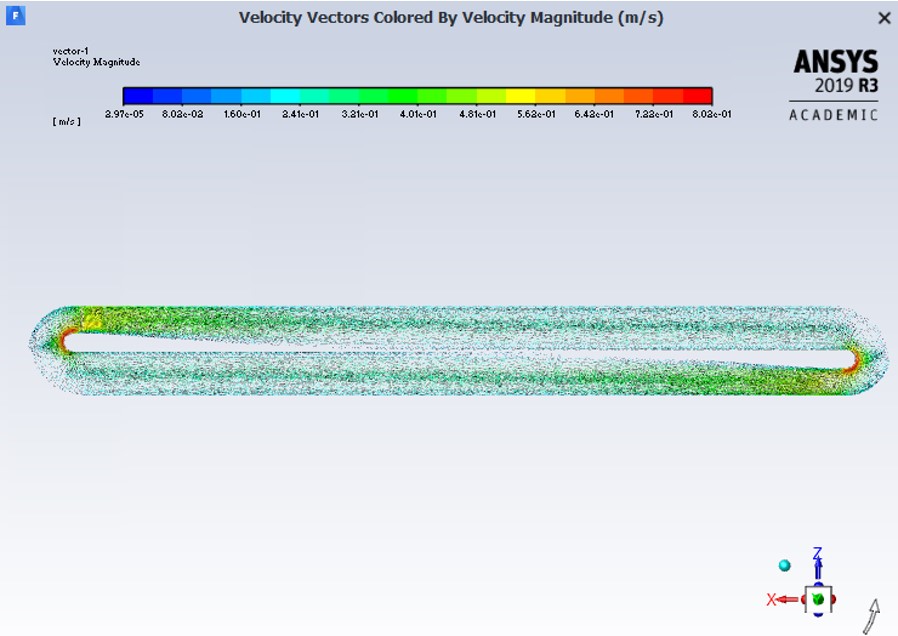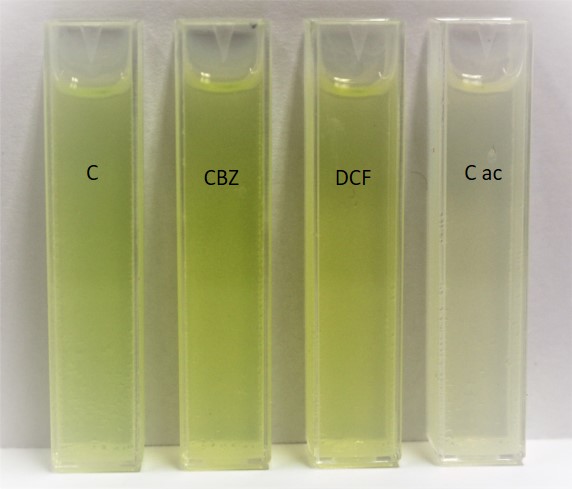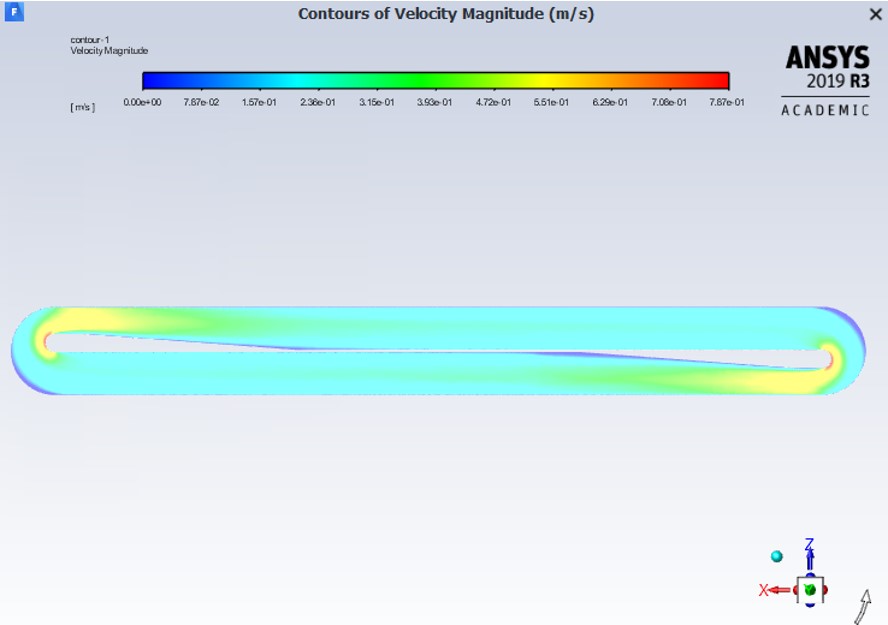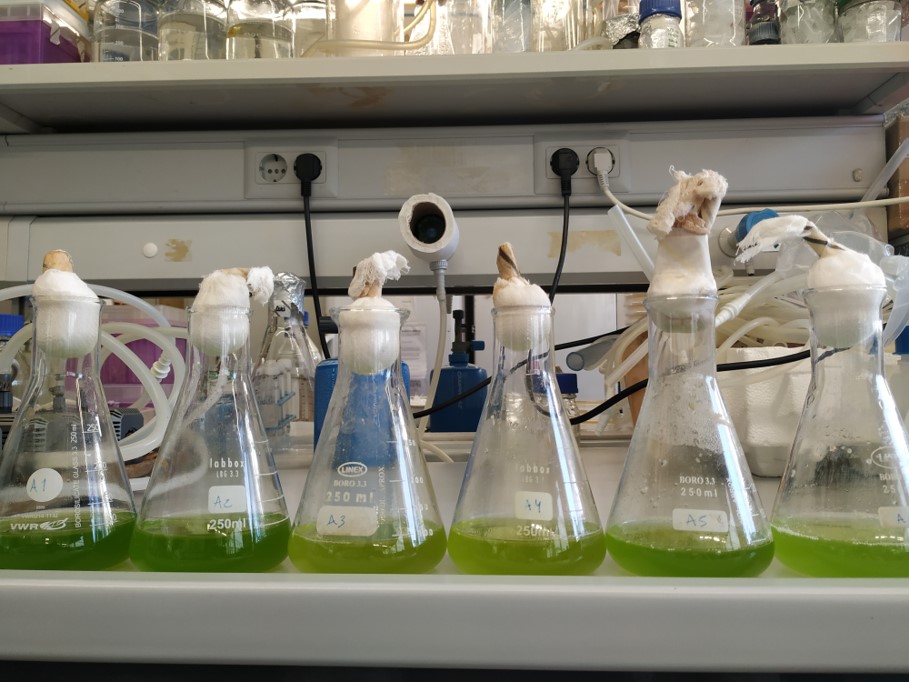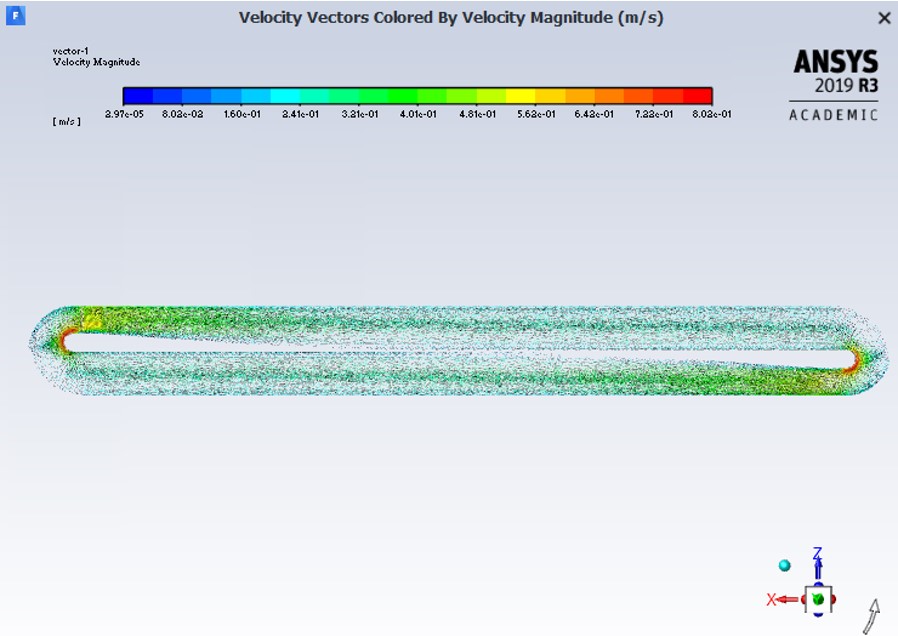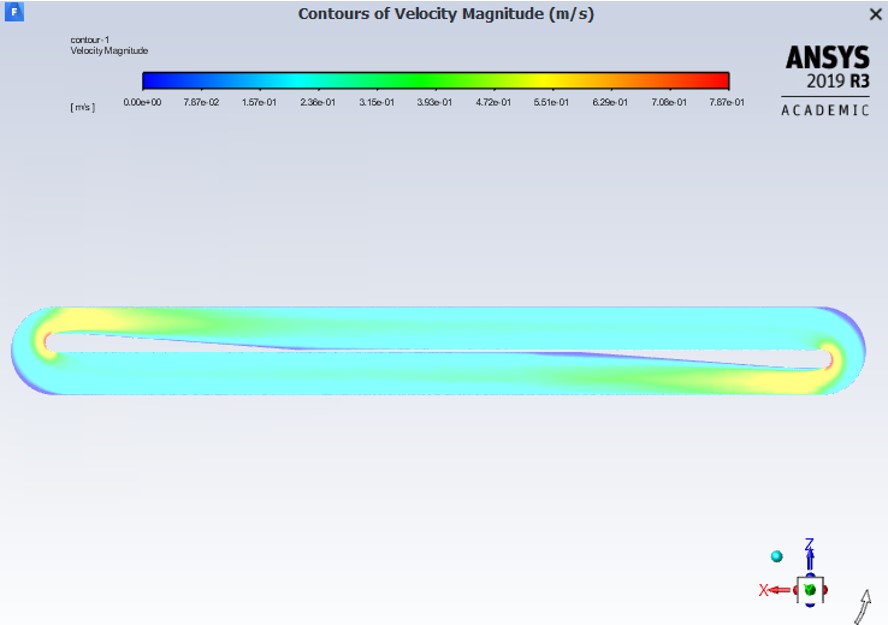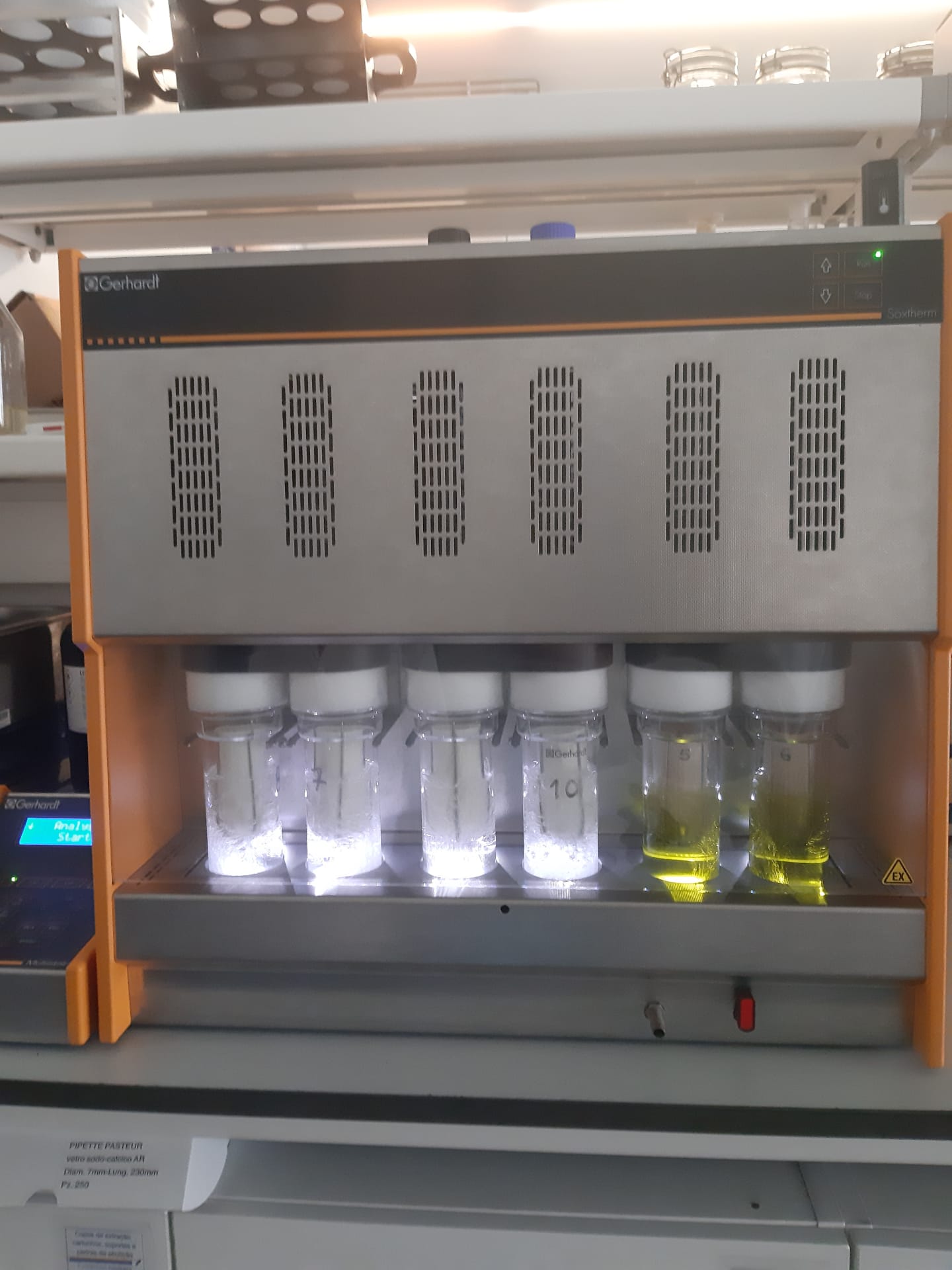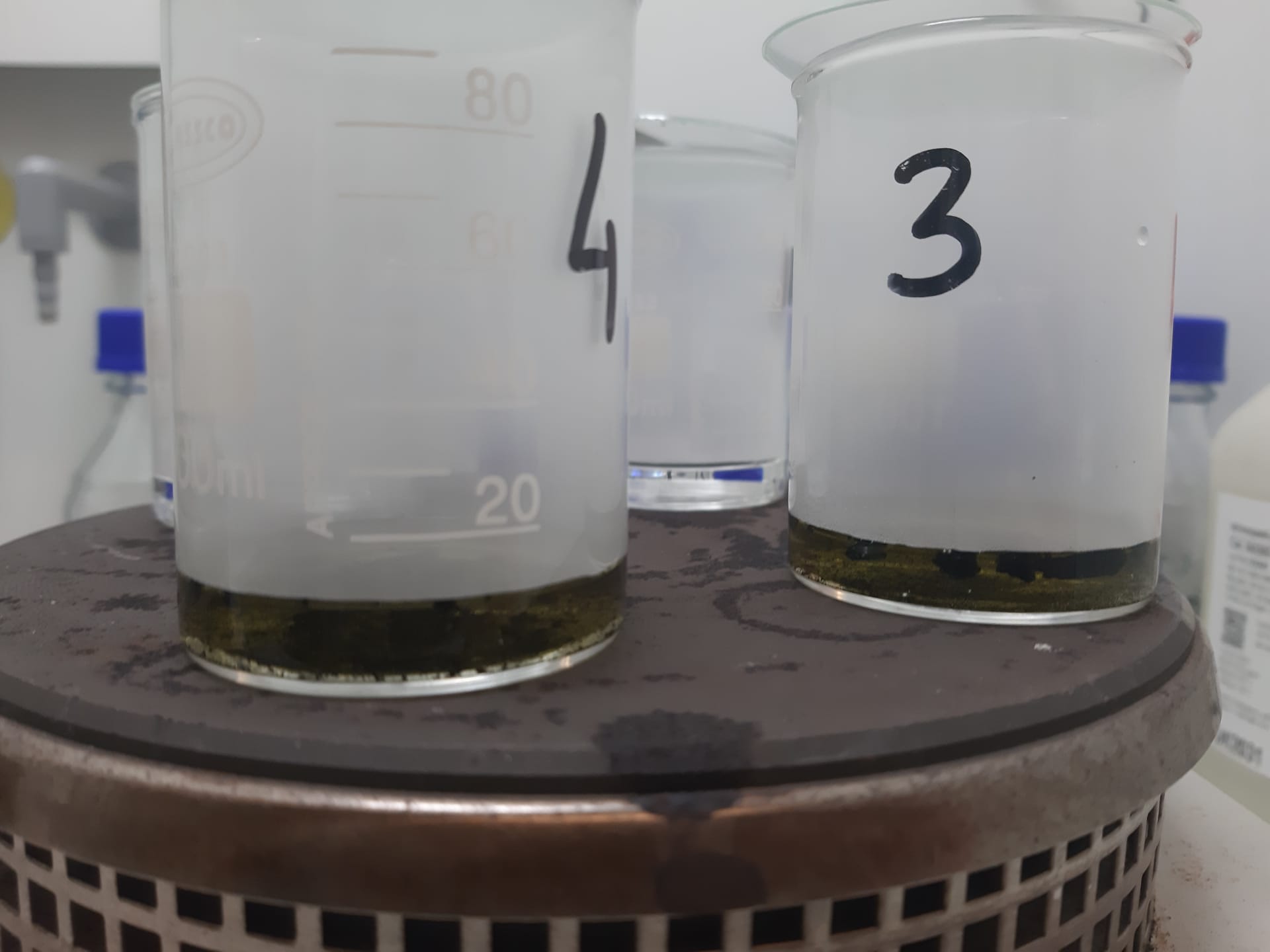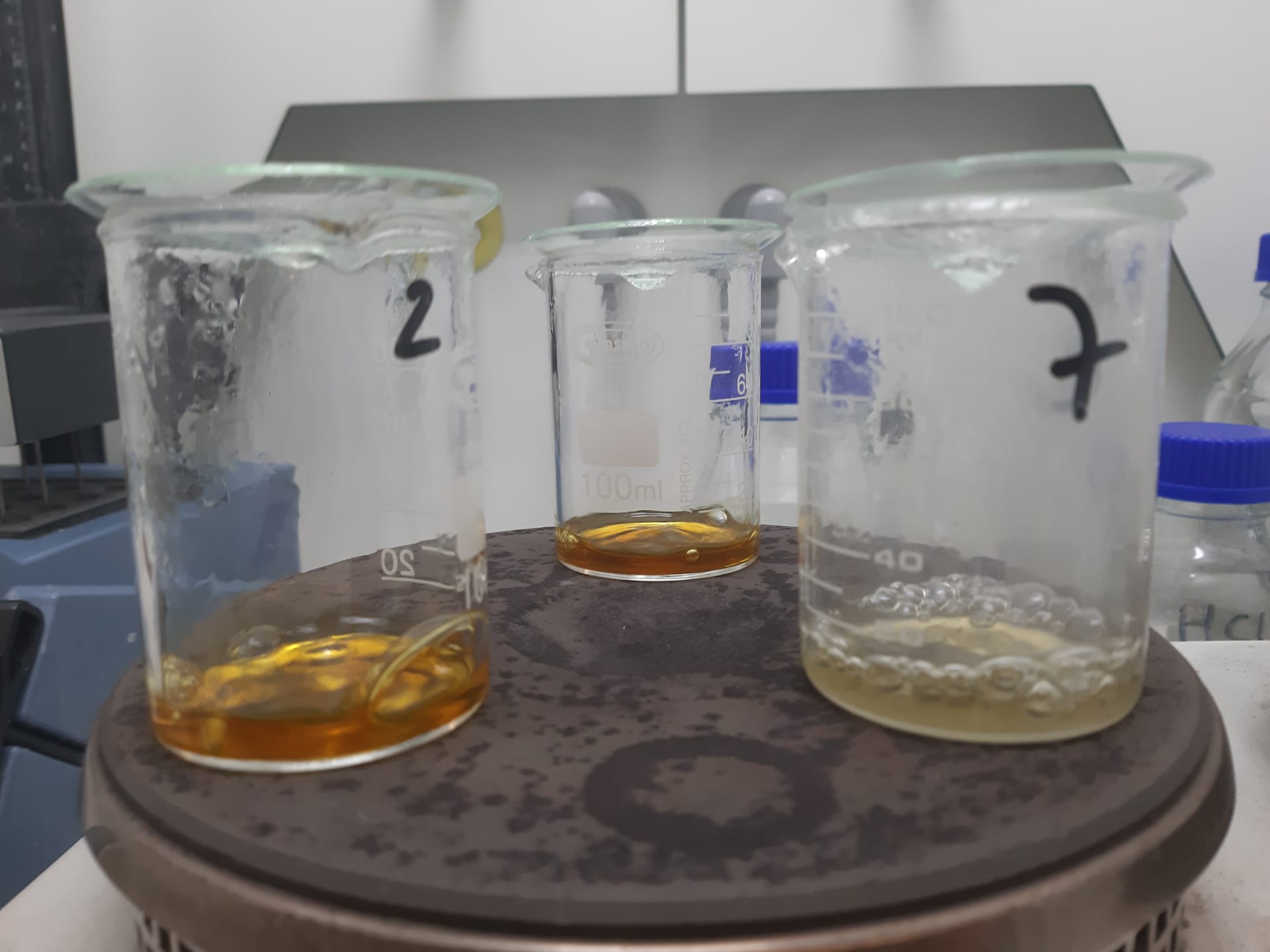A Escola Superior de Biotecnologia (ESB) da Universidade Católica Portuguesa, no Porto, tem tido um papel de destaque, a nível nacional e internacional, na educação superior e formação especializada na área da biotecnologia, com ênfase nas áreas agroindustrial, ambiental e de interface com a nutrição e saúde. O Centro do Biotecnologia e Química Fina (CBQF) conta com quatro linhas de investigação interdisciplinares de intervenção nos setores agroalimentar, ambiental e as suas interfaces com saúde e bem-estar, nomeadamente a linha de Alimentos e Nutrição, Ambiente e Recursos, Produtos de Base Biológica e Biomédica e Soluções de Fermentação. O CBQF dispõe de diferentes plataformas temáticas avançadas que servem as atividades de investigação e serviços de extensão: caracterização de bioativos, biologia molecular e cultura celular, química analítica, biofísica, materiais e embalagem, e um KitchenLab, com a possibilidade de desenhar e usar protótipos e equipamento de escala piloto nas áreas alimentar, ambiental e em atividades de I&D+I de saúde. A participação da ESB no ALGAVALOR centra-se da caracterização microbiológica e bioquímica e avaliação do shelf-life de extratos obtidos de microalgas e da avaliação de biofertilizantes quanto à sua carga microbiana e teor de pesticidas.
